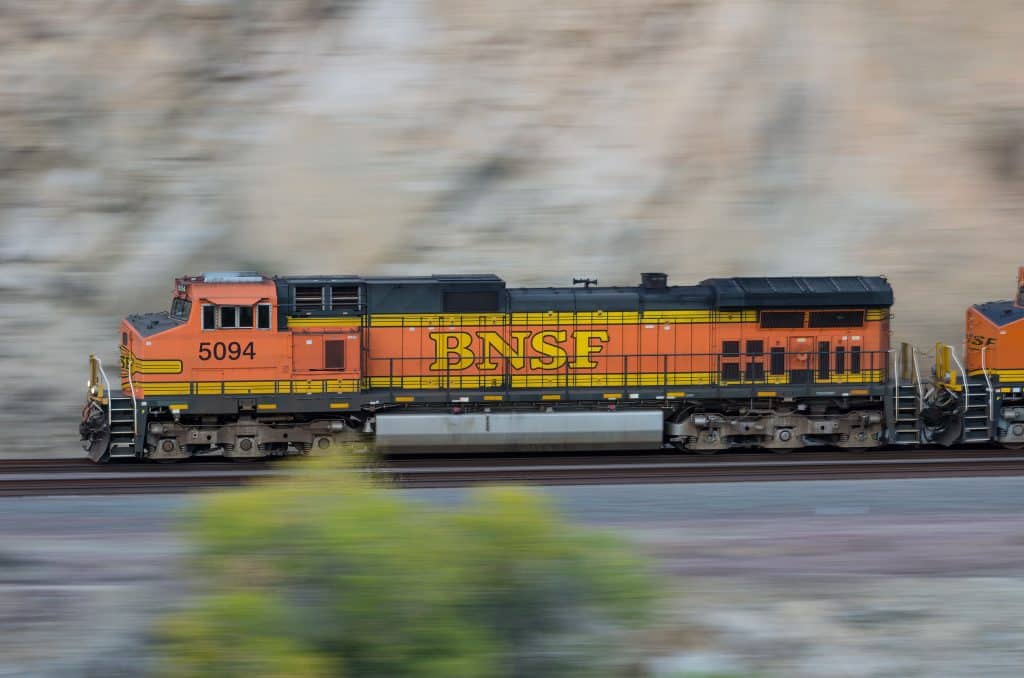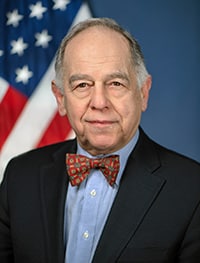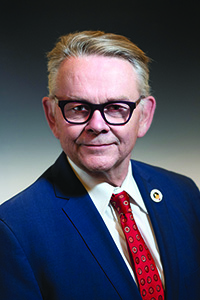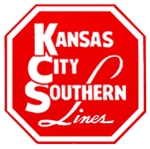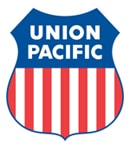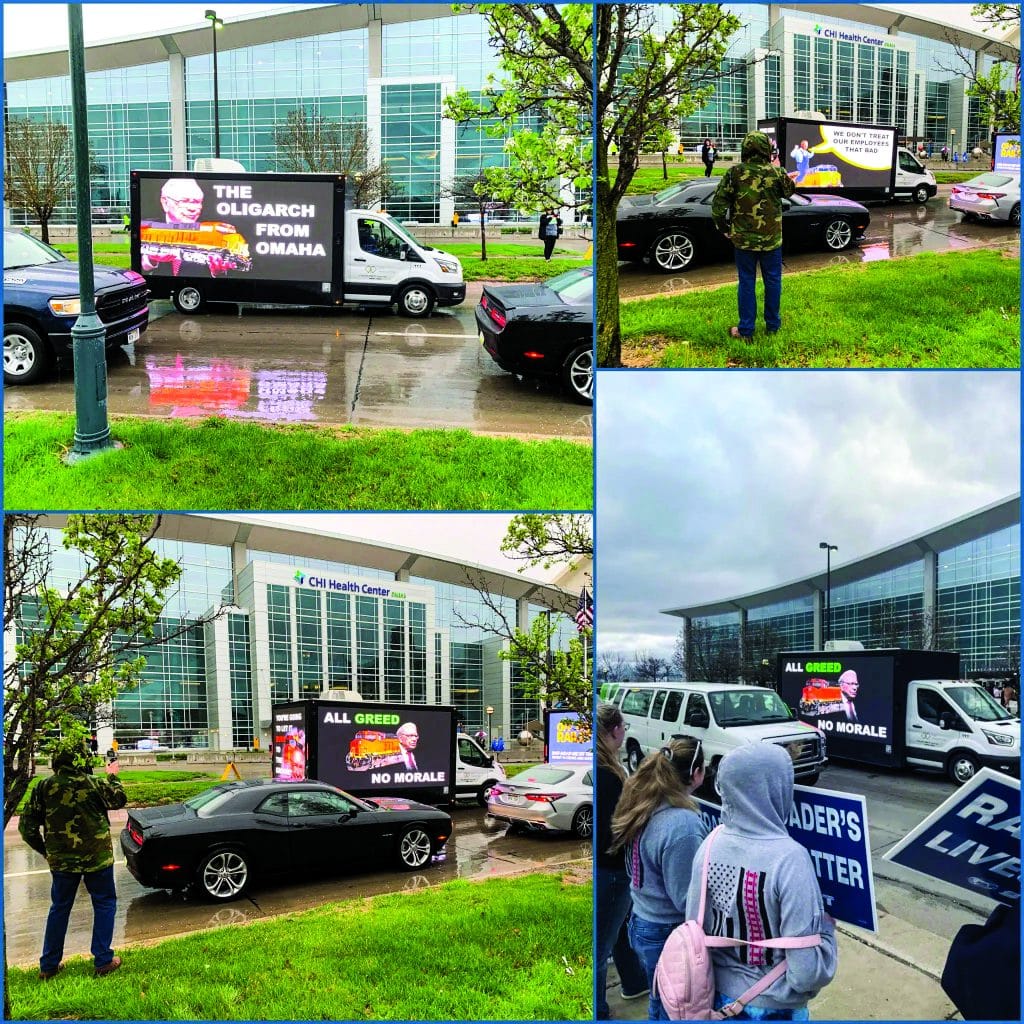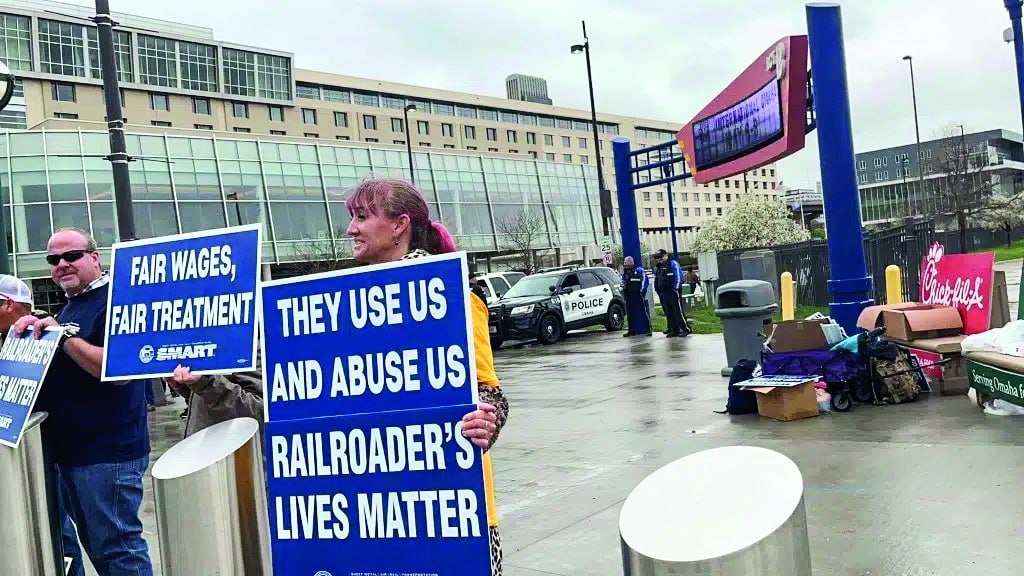WASHINGTON, DC – The shop craft unions at Burlington Northern Santa Fe (BNSF) Railway are urgently calling upon the Federal Railroad Administration (FRA) to initiate unannounced focus inspections on all locomotives and rail cars owned and leased by BNSF Railway, and immediately issue non-compliance orders requiring BNSF to fix all found defects before being permitted to use such equipment, citing concerns over numerous defects that are allegedly being ignored and neglected by BNSF management.
The letter comes on the heels of BNSF’s recent announcement of over 362 furloughs in the shop craft unions, further exacerbating concerns over safety and maintenance practices. The defects and recent extreme cuts to the workforce pose serious safety risks to railroad operations and personnel.
Many furloughed employees may be forced to accept positions with lower pay and fewer benefits, potentially disrupting their lives and livelihoods.
In a letter addressed to FRA Administrator Amit Bose, the shop craft unions at BNSF highlighted their ongoing efforts to address safety and maintenance issues within the railroad industry. The letter referenced a meeting held on December 19, 2023, during which the shop craft unions presented evidence of significant workforce reductions within the mechanical departments of Class I freight railroads, including a staggering 41% decrease in employees since 2015.
Reports received by the shop craft unions indicate that BNSF managers that have been under pressure to perform work without an adequate number of workers, may have instructed workers to release locomotives and rail cars for service that have not been adequately inspected or repaired, effectively disregarding federally mandated safety inspections and fabricate of inspection reports, purportedly as part of cost-cutting measures aimed at maximizing shareholder profits.
“BNSF’s actions represent a reckless disregard for the safety and integrity of our nation’s railways,” said the shop craft unions. “BNSF has recently admitted in public filings that they would not be in compliance with federally mandated safety inspections, and we continue to be informed that BNSF has numerous FRA defects on their locomotives and rail cars. There is no shortage of profits for BNSF, and there is no shortage of work to be performed on BNSF equipment. There is simply an obscene shortage of workers and disregard for people at BNSF. By prioritizing cost-cutting over safety, BNSF is placing its employees and the public at risk. In light of these developments, we have urged the FRA to take immediate action to ensure the safety of BNSF operations. Random audits and focus inspections are essential to holding BNSF accountable and preventing further compromises to safety.”
The shop craft unions at BNSF are calling upon the FRA to prioritize the safety of railroad workers and the integrity of railroad operations by promptly conducting inspections of BNSF locomotives and rail cars located at or in transit to all BNSF Locomotive Maintenance Inspection Terminals (LMITs).
###
The Shop Craft Unions are, in alphabetical order: The Brotherhood of Railroad Carmen Division, TCU/IAM (BRC), the International Association of Machinists and Aerospace Workers (IAM) , the International Brotherhood of Boilermakers (IBB), the International Brotherhood of Electrical Workers (IBEW), the National Conference of Fireman and Oilers, Local 32BJ/SEIU (NCFO), the International Association of Sheet Metal, Air, Rail and Transportation Workers Mechanical Department (SMART MD), the Transportation Communications Union (TCU) and the Transport Workers Union of America (TWU).
